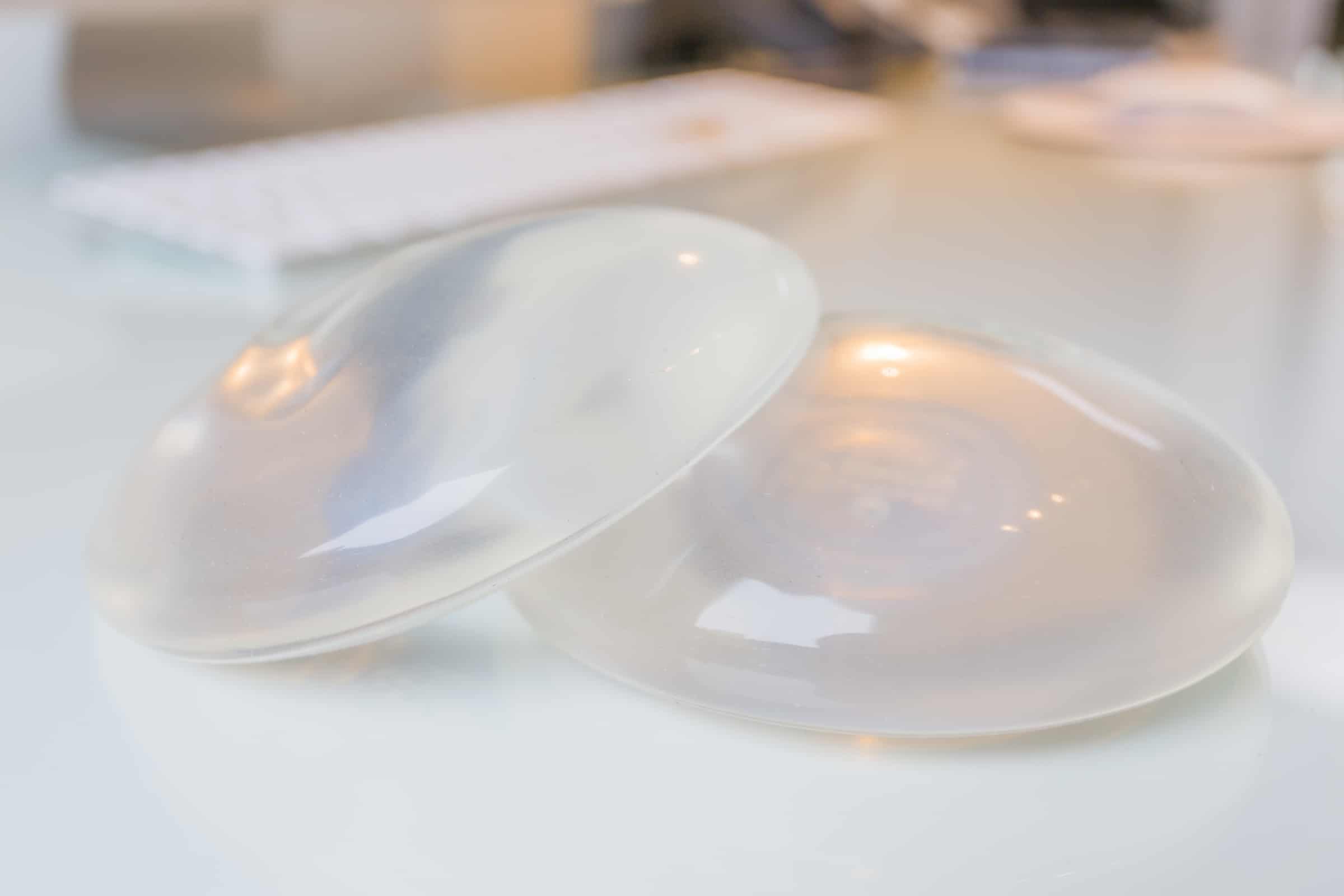
This week has been another important milestone in the ongoing FDA commitment to ensuring the safety of silicone breast implants for both cosmetic breast surgery as well as breast reconstruction. On Monday and Tuesday of this week, March 25th and 26th, the FDA held a public advisory committee hearing to discuss a number of issues relating to breast implant safety. The discussion was primarily focused around two issues:
- BIA-ALCL – which stands for Breast Implant Associated Anaplastic Large Cell Lymphoma
This is a very rare form of lymphoma or blood cancer that seems to be associated with textured breast implants. There is a great deal we do not know about this disease, but there are a few things we do. First, it is extremely rare. Over the past 10 years, since it was first described, there have been fewer than 500 cases worldwide. Second it is curable when diagnosed properly. Patients typically present with swelling of the breast on average 8 years after implantation. A simple test of the fluid around the implant is diagnostic. If treated while the process is still confined to the fluid and capsule, complete cure can be achieved with removal of the implant and en bloc capsulectomy.
Thus far, no world health authority has recommended that asymptomatic women with textured implants have them removed. If you have any symptoms related to your textured implants, you should see a board-certified plastic surgeon to rule out BIA-ALCL.
- BII – which stands for Breast Implant Illness
There are a number of women with silicone breast implants that are experiencing real systemic symptoms. The question is whether the implants are the direct cause of these symptoms. The search for a definitive answer to this question began in the early 1990’s. In November 2006, the Unites States FDA issued a definitive answer based on a very large body of evidence which showed no correlation between leaking or intact silicone implants and any form of human disease. A post-approval study was also conducted and concluded in 2011, which confirmed these findings. Thus, although no one could ever dispute the claims of any individual patient, it is a fact that there is no implantable device in all of medicine that has more empiric data to support its safety than the silicone breast implant.
In summary, careful and ongoing investigation of the safety of medical devices remains critical to sound patient care. In the case of silicone breast implants, a long and diligent look at these devices strongly supports the conclusion that the benefits of silicone implants far outweigh the risks.
If you have any questions about these issues or any of the other issues being addressed by the FDA, including the use of ADM (acellular dermal matrix), MRI screening for silent rupture, or any other breast implant related issues, please schedule an appointment by calling 602-513-8133 so we can provide you with additional information.
Back to Overview
Related Blog Posts
A breast cancer diagnosis is overwhelming in so many ways. There are a lot of emotions. Dr. Ali Mosharrafa and his entire staff put me at ease at every step. After surgery, I was very self conscious, and the way I was treated with each visit helped me as much as the excellent medical care. Whether it is for an elective procedure or a surgery due to illness, I cannot endorse Dr. Ali more as a physician and human.
Read ReviewsContact Us
Dr. Ali, Dr. Tamir, and Dr. Benjamin understand that you have made an important decision by choosing to undergo plastic surgery, and they are committed to delivering the exceptional results you expect and deserve.

 Scroll
Scroll


